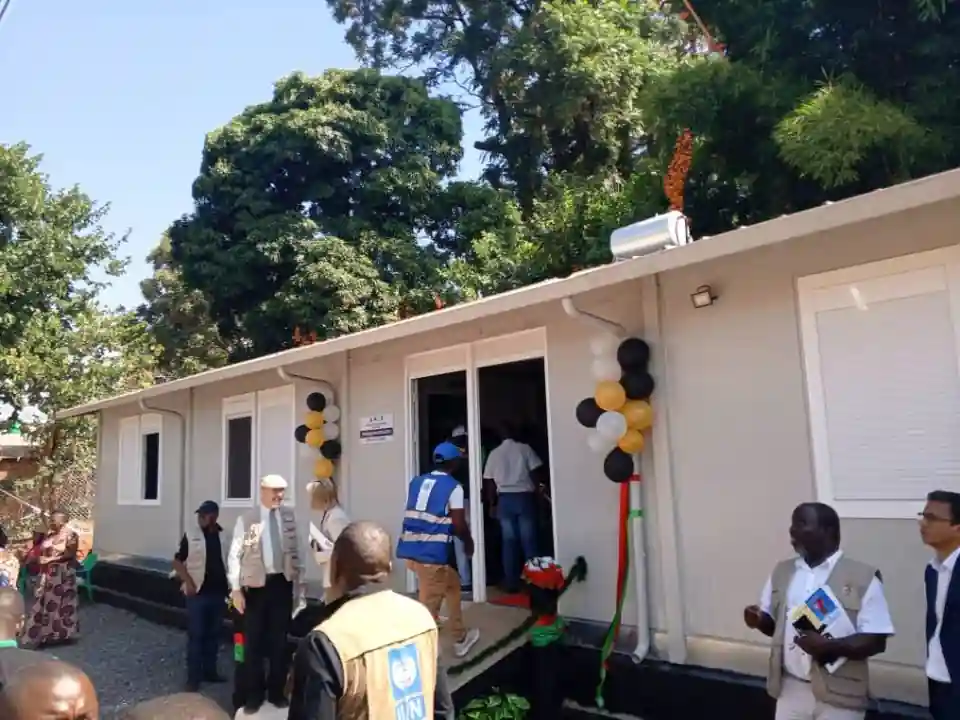Malawi: The Department of Disaster Management Affairs (DoDMA) has continued to support the people of the district. They have been working diligently to continue to relocating people from disaster-prone areas to safer locations.
The relocation initiative is a part of the organization’s preparations for the upcoming rainy season. The officials have confirmed that it is important for the disaster management stakeholders to make sure that they are in touch with the community that are most likely to be affected. It is the responsibility of the Department of Disaster Management Affairs to keep a check on the communities
Malawi has been affected by significant bad weather recently, which may pose a threat for many communities. Public Relations Officer, Chipiliro Khamula has shared the further details regarding the relocation procedure. Chipiliro Khamula announced that the relocation of households is ongoing, with over 15,000 households moved to safer areas so far.
“We have relocated about 7,000 households in Nsanje alone, moving them from the highly flood-prone area of Makhanga to a safer location called Osiyana, which is within the same traditional authority,” said Khamula.
He added that DoDMA is ensuring that relocated communities have access to basic social amenities, “For instance, in Makhanga, we have drilled about 10 boreholes to provide clean water for the relocated households,” he explained.
“In addition to water access, roads have been cleared, and schools have been relocated to ensure children continue to receive quality education. This has been made possible with financial support from the Korean government and other partners,” he added.
Environmental expert, Geoffrey Mfiti emphasized the need for proper civic education to address the reluctance of some communities to relocate due to cultural beliefs and land ownership concerns.
“Cultural ties to ancestral land and long-standing traditions are making some people hesitant to move. However, it is crucial that they relocate, as outlined in the Disaster Management Act, which stipulates that no one should remain in disaster-prone areas,” said Mfiti.
He stressed the importance of awareness campaigns to encourage voluntary relocation to safer areas.

